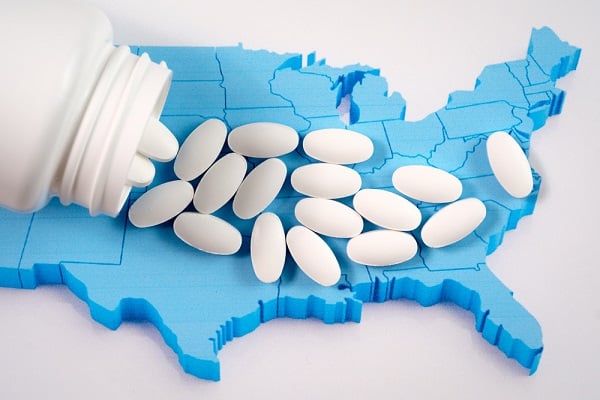 If Democrats retake governorships and legislatures this fall, lawmakers and policy analysts predict other states would be more likely to follow New York, whose groundbreaking opioid tax took effect July 1. (Photo: Shutterstock)
If Democrats retake governorships and legislatures this fall, lawmakers and policy analysts predict other states would be more likely to follow New York, whose groundbreaking opioid tax took effect July 1. (Photo: Shutterstock)
After almost slapping a tax on makers of opioid pills earlier this year, Minnesota lawmakers are set to try again when they meet in January.
The drug manufacturers that helped create the opioid addiction crisis should help fix it, said state Sen. Chris Eaton, whose daughter died of an overdose.
Recommended For You
Complete your profile to continue reading and get FREE access to BenefitsPRO, part of your ALM digital membership.
Your access to unlimited BenefitsPRO content isn’t changing.
Once you are an ALM digital member, you’ll receive:
- Breaking benefits news and analysis, on-site and via our newsletters and custom alerts
- Educational webcasts, white papers, and ebooks from industry thought leaders
- Critical converage of the property casualty insurance and financial advisory markets on our other ALM sites, PropertyCasualty360 and ThinkAdvisor
Already have an account? Sign In Now
© 2025 ALM Global, LLC, All Rights Reserved. Request academic re-use from www.copyright.com. All other uses, submit a request to [email protected]. For more information visit Asset & Logo Licensing.








